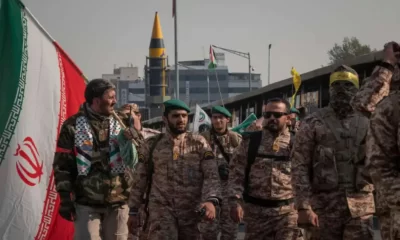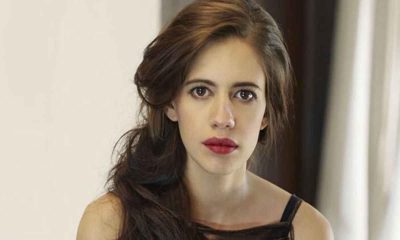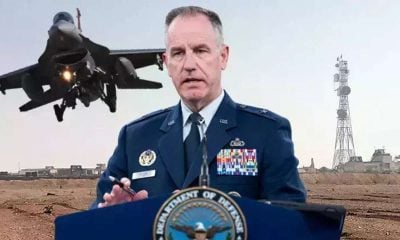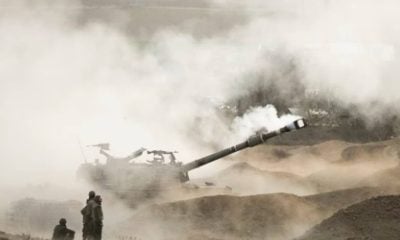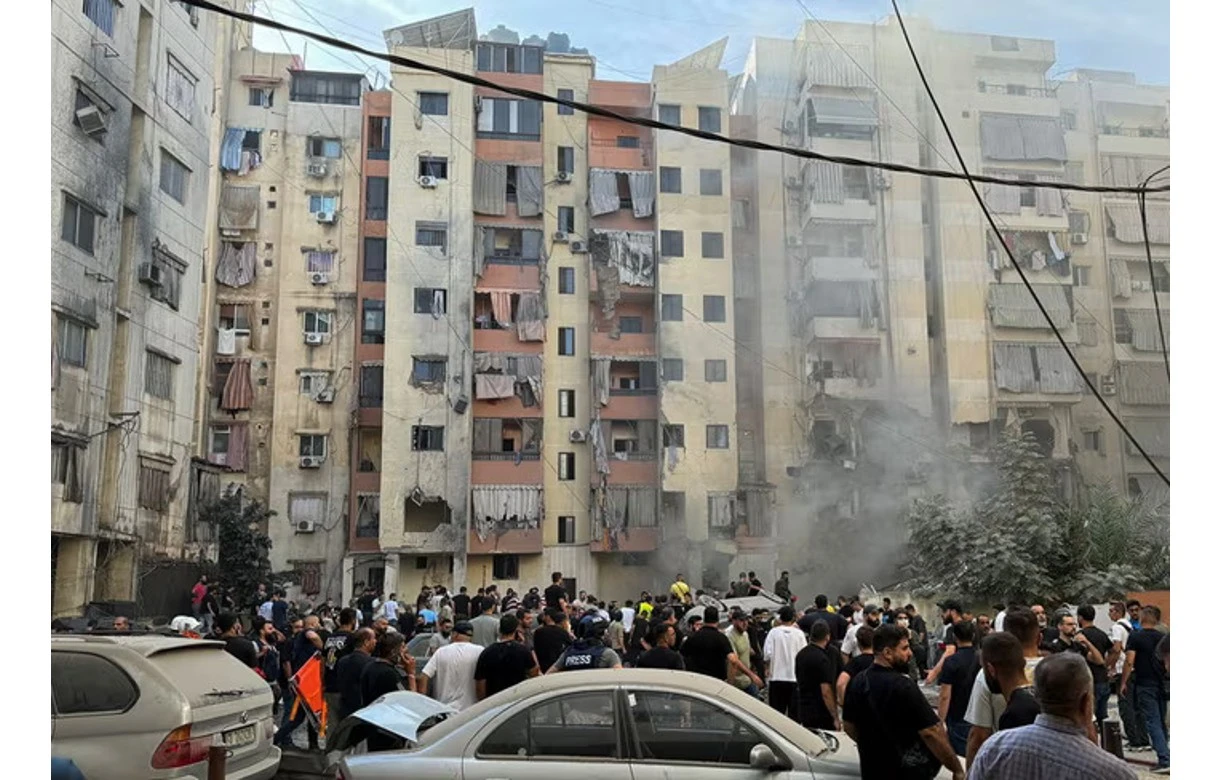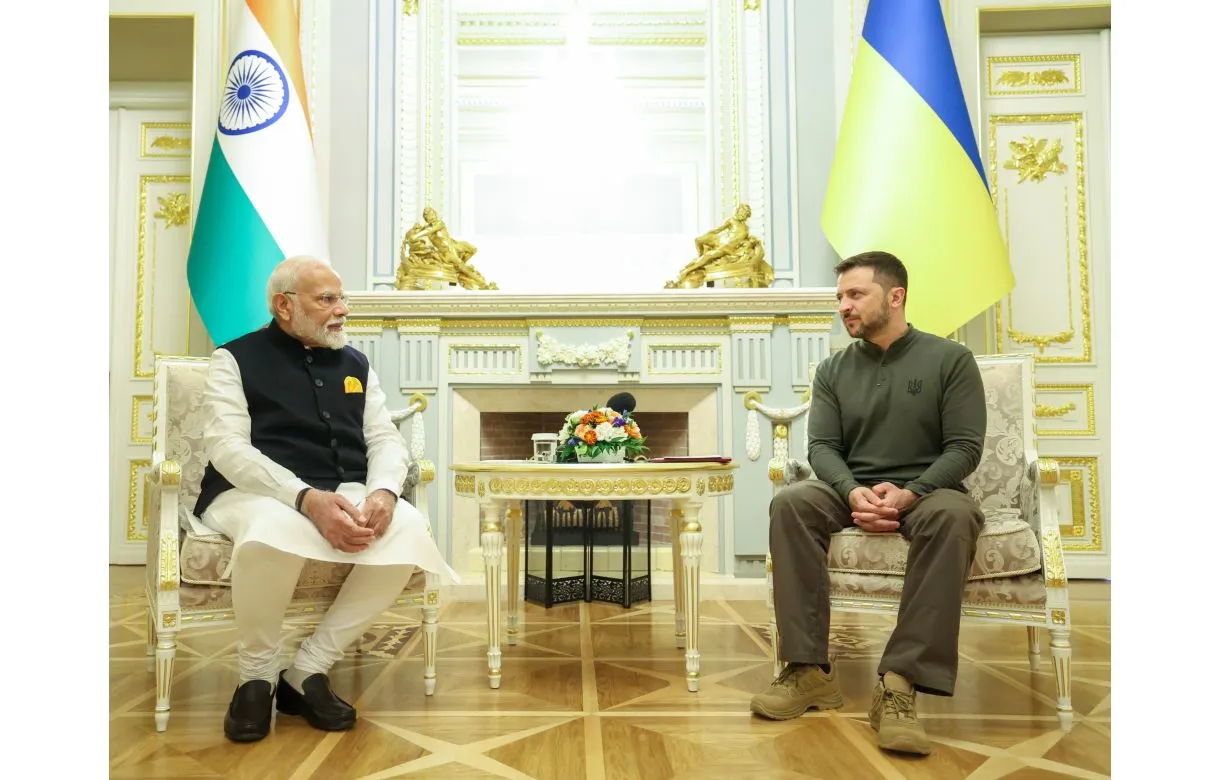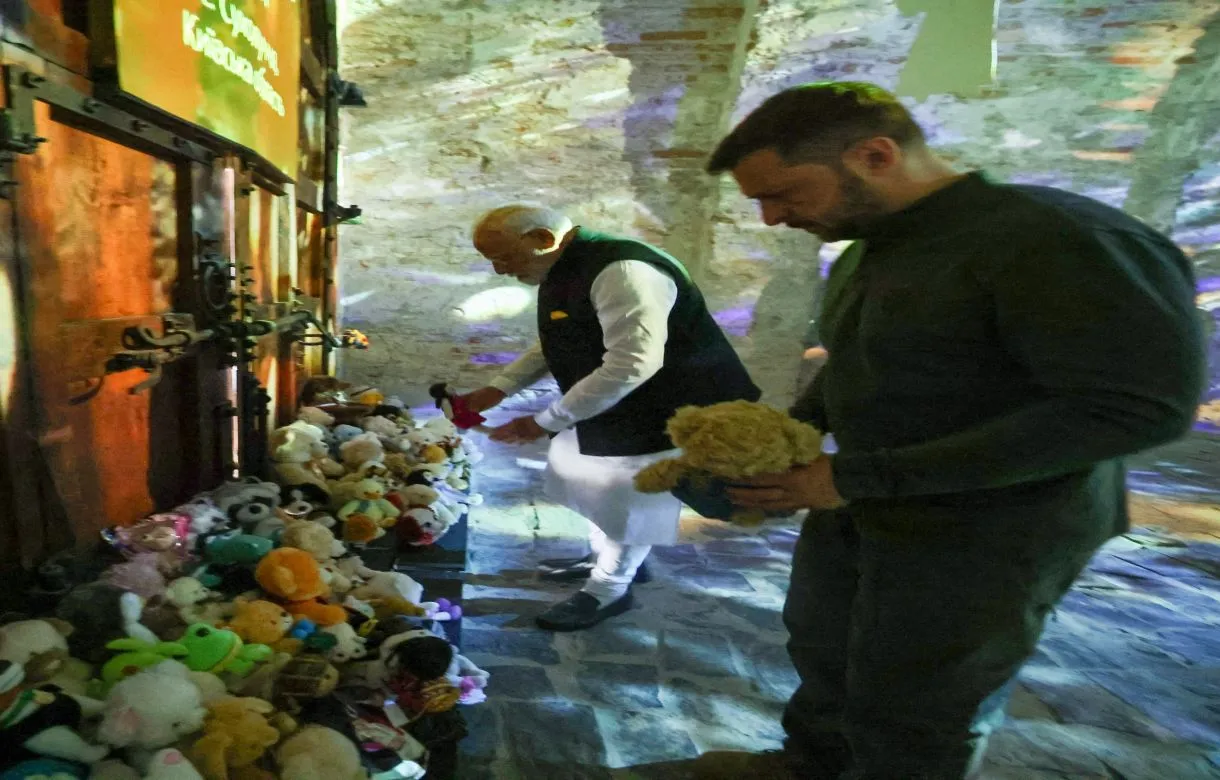Latest world news
Khamenei: US, Israel, Saudi Arabia and MKO were responsible for violent protests

Latest world news
Israel Army says it carried out targeted strike in Beirut
The Israel Defense Forces (IDF) in a statement said that it conducted a targeted strike in Beirut.
India News
India-Ukraine pacts: PM Modi, President Zelenskyy sign 4 agreements to boost cooperation in agriculture, food, pharma, culture
On his visit to the Martyrologist Exposition, PM Modi said that he was deeply hurt.
India News
In Ukraine, PM Modi says conflict is particularly devastating for children
Later, PM Modi along with President Zelensky paid homage at the Martyrologist Exposition in Kyiv.
-
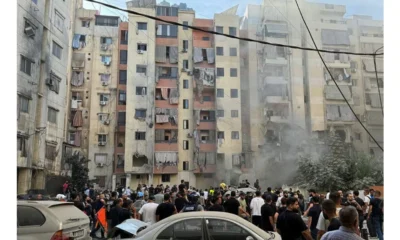
 Latest world news11 hours ago
Latest world news11 hours agoIsrael Army says it carried out targeted strike in Beirut
-
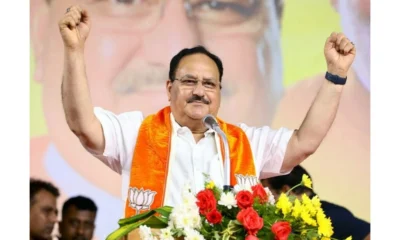
 India News14 hours ago
India News14 hours agoTirupati laddu issue: Union Health Ministry seeks report from Andhra Pradesh CM Chandrababu Naidu
-
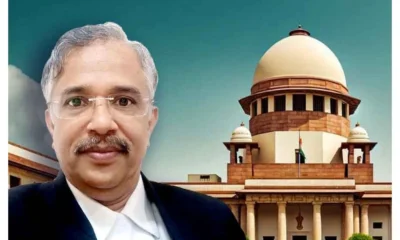
 India News15 hours ago
India News15 hours agoSupreme Court raps Karnataka High Court judge over Pakistan, underwear remarks
-
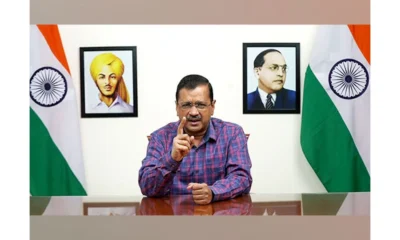
 India News13 hours ago
India News13 hours agoAAP demands govt accommodation for Arvind Kejriwal, says he is entitled to it
-
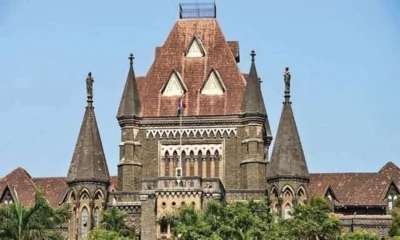
 India News12 hours ago
India News12 hours agoBombay High Court strikes down Centre’s Fact Check Unit, calls it unconstitutional



